Removing sodium from softened water
xmpraedicta
16 years ago
Featured Answer
Sort by:Oldest
Comments (18)
howard_a
16 years agoxmpraedicta
16 years agoRelated Professionals
Reading Landscape Architects & Landscape Designers · Horsham Landscape Architects & Landscape Designers · Saint Louis Park Landscape Architects & Landscape Designers · Estelle Landscape Contractors · Hicksville Landscape Contractors · Thornton Landscape Contractors · Merrifield Landscape Contractors · Athens General Contractors · Clarksville General Contractors · De Pere General Contractors · Halfway General Contractors · North Smithfield General Contractors · Seguin General Contractors · Sheboygan General Contractors · Waimalu General Contractorsjane__ny
16 years agomrbreeze
16 years agotoyo2960
16 years agoxmpraedicta
16 years agopenelope14
16 years agosdahl
16 years agojane__ny
16 years agoxmpraedicta
15 years agocjwatson
15 years agopamelaw
15 years agoorchid126
15 years agoifraser25
13 years agolsebek
11 years agojuanh.uy
11 years agoHU-528754603
3 years agolast modified: 3 years ago
Related Stories
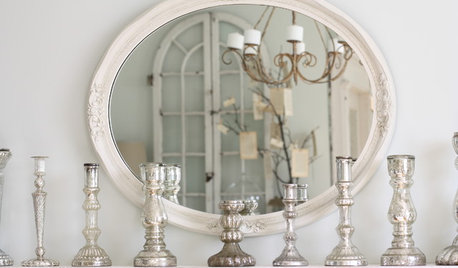
HOUSEKEEPINGThe Simple Way to Remove Wax From Candlesticks
Before you make a mess of things, read these easy steps for removing melted wax from your candlesticks
Full Story
HEALTHY HOMEHow to Choose a Home Water Filtering System
Learn which water purification method is best for your house, from pitchers to whole-house setups
Full Story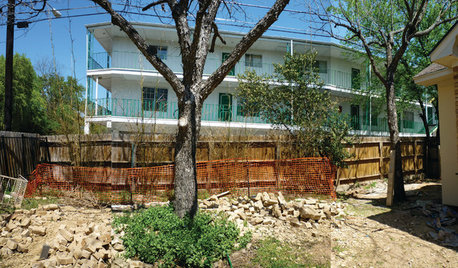
BEFORE AND AFTERS6 Dramatic Garden Makeovers, From Backyard to Rooftop
It's almost hard to believe how far these landscapes have come. Have a look and get ideas for your own garden transformation
Full Story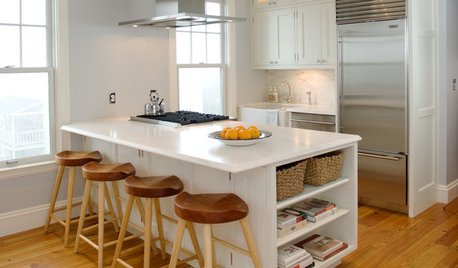
KITCHEN DESIGN20 Kitchen Must-Haves From Houzz Readers
We asked you to tell us your top kitchen amenities. See what popular kitchen features made the list
Full Story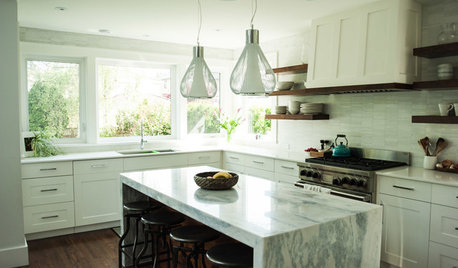
MOST POPULAR15 Remodeling ‘Uh-Oh’ Moments to Learn From
The road to successful design is paved with disaster stories. What’s yours?
Full Story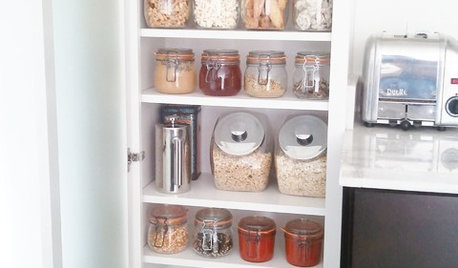
HEALTHY HOME6 Tips From a Nearly Zero-Waste Home
Lower your trash output and increase your quality of life with these ideas from a mom who did it to the max
Full Story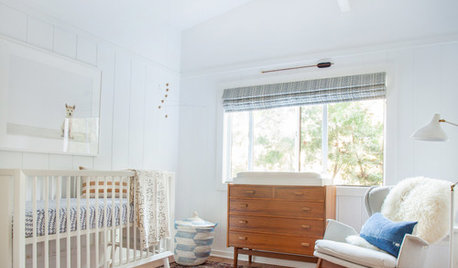
KIDS’ SPACESRoom of the Day: From Dark Walk-in Closet to Bright and Warm Nursery
A mix of vintage and new decor creates a stylish nursery that will grow with a baby boy
Full Story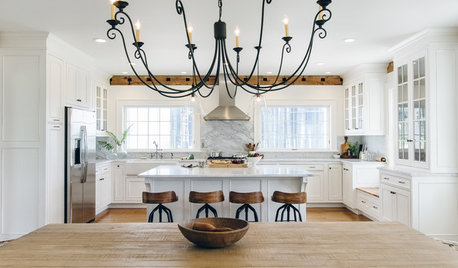
WHITE KITCHENS4 Dreamy White-and-Wood Kitchens to Learn From
White too bright in your kitchen? Introduce wood beams, countertops, furniture and more
Full Story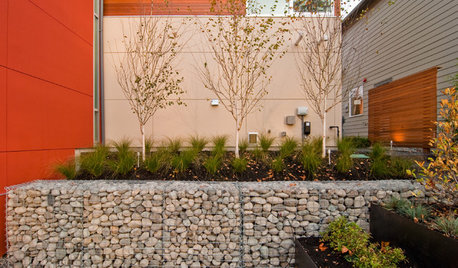
LANDSCAPE DESIGNGarden Walls: Gabion Evolves From Functional to Fabulous
The permeable rock-, concrete- or glass-filled steel cages are showing up as retaining walls, planters, benches and more
Full Story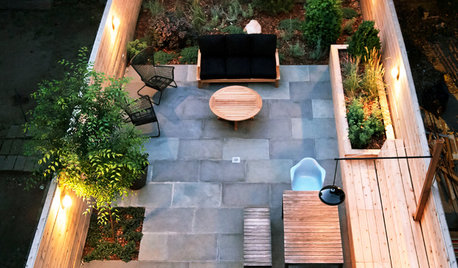
MOST POPULAR16 Ways to Get More From Your Small Backyard
Make a tight or awkward yard a real destination with these design tricks from the pros
Full Story





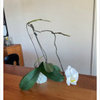
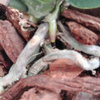
tee530